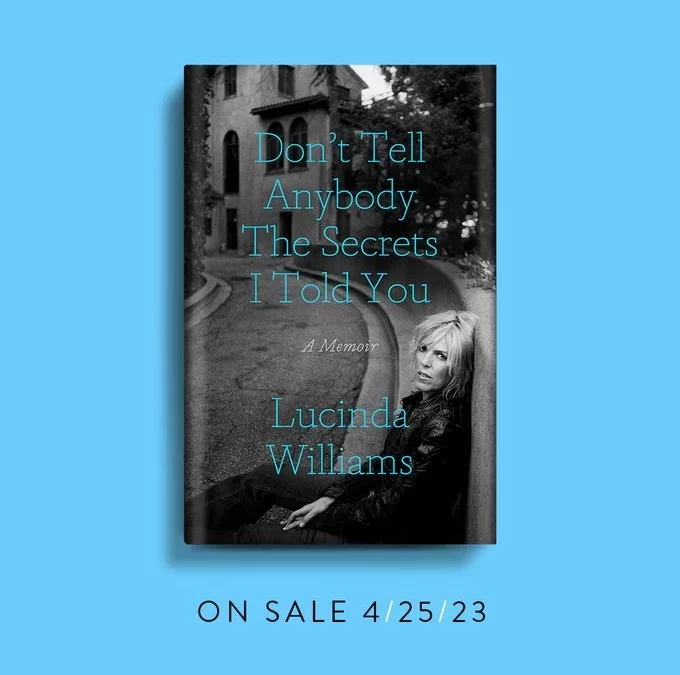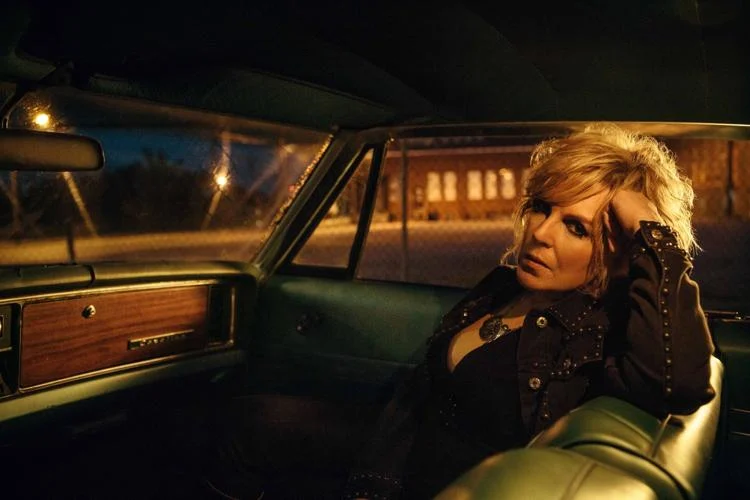
Lucinda Williams’ “Lake Charles”: A Journey Through Memory and Loss
“He had a reason to get back to Lake Charles. He used to talk about it, he’d go on and on.”
Lucinda Williams’ Lake Charles is one of those rare songs that lingers long after the last chord fades, leaving you wrapped in a reflective, bittersweet haze. It stands as one of the most poignant tracks on her seminal 1998 album, Car Wheels on a Gravel Road, a collection of songs steeped in Southern landscapes and emotional intricacies. Lake Charles is particularly close to Williams’ heart, a tribute to a man and a place that remain indelibly etched in her soul.
At its core, Lake Charles is a song about yearning—for a person, a place, and a past that is forever out of reach. It’s a deeply personal story, recounting her relationship with Clyde Woodward, a former boyfriend who passed away in 1991 from cirrhosis of the liver. By the time of his death, Williams and Woodward had parted ways, but their connection was profound enough that she rushed to be by his side in his final hours. Tragically, Woodward passed before Williams could say goodbye, and the weight of that missed farewell permeates every note of the song.
The Emotional Geography of Lake Charles
Williams’ songwriting often draws upon the landscapes of the South to evoke feelings of both attachment and displacement. In Lake Charles, the Louisiana town becomes more than a geographical reference; it symbolizes a place of emotional refuge and unfulfilled dreams. The song’s protagonist—assumed to be Clyde—longs to return to his hometown, yet, as Williams hauntingly sings, “He’s never going back to Lake Charles.” The line carries a dual meaning: it speaks not only to his physical departure from life but also to the emotional separation that occurs when we lose someone dear to us.
The city of Lake Charles, with its moss-draped oaks and humid air, serves as a stand-in for the kinds of places we all carry with us—those that feel like home but are tinged with the pain of memories that can never fully be recaptured. Williams captures this duality perfectly, evoking a nostalgia that is at once comforting and devastating. The song’s blend of blues, folk, and country reflects the tension between sentimentality and sorrow that defines Southern Gothic storytelling.
Clyde Woodward: A Lasting Influence
Lucinda Williams has always been an intensely personal songwriter, and Lake Charles is no exception. Clyde Woodward’s influence on her life is unmistakable throughout the song. In an interview, she once described him as a man with “the soul of a poet.” They had a complex relationship—marked by both deep affection and periods of separation—and this complexity is reflected in the nuanced lyrics of Lake Charles.
Though Williams had moved on, even marrying and divorcing in the time since they’d last been together, the memory of Clyde haunted her, particularly as his health declined. The tragic nature of their last missed encounter—that he died while she was en route to see him—adds layers of sorrow to the song’s narrative. It’s not just a lament for a lost love; it’s a meditation on time, regret, and the way people continue to shape our lives long after they’ve gone.
Car Wheels on a Gravel Road: A Masterpiece of Southern Storytelling
Lake Charles fits seamlessly within the larger context of Car Wheels on a Gravel Road, an album that is often cited as Williams’ magnum opus. The album itself is a road trip through the South, both geographically and emotionally. Each song acts as a snapshot of life in small towns and along backroads, capturing the grit and grace of Southern living.
Lake Charles stands out on the album as a song of loss, not just in the sense of personal grief, but in the broader way that Williams writes about the South—a place filled with beauty, history, and trauma. Like Mrs. Watts in The Trip to Bountiful or the protagonist of Bus to Baton Rouge, Williams is drawn to return to her roots, to confront the past even if it brings pain. The “gravel road” of the album’s title speaks to this difficult journey through memory, where the road is often rough, and the destination is never as we imagined it to be.
The Power of Nostalgia in Lucinda Williams’ Music
What makes Lake Charles so powerful is its ability to speak to a universal truth—our longing for a past we can never fully reclaim. This is a theme that runs through much of Williams’ work, but it reaches its emotional apex in Lake Charles. She invites us into her world, a world where Louisiana’s moss-covered trees and small-town lives create a backdrop for love, loss, and nostalgia.
As listeners, we are transported to this intimate space, where we, too, grapple with our own ghosts. Perhaps we’ve all had a “Lake Charles” in our lives—a place that reminds us of a person, a time, or a feeling that we can never quite return to. And like Williams, we carry the weight of these places with us, even as life pulls us further away from them.
In Lake Charles, Williams has crafted a song that is not only about personal loss but also about the universal experience of trying to reconcile the past with the present. It’s a delicate balance that she navigates with the precision of a master storyteller.
Lake Charles is my favorite track from Lucinda William’s album, Car Wheels on a Gravel Road. There are no weak songs on this seminal release by the great singer songwriter Lucinda Williams. “He had a reason to get back to Lake Charles. He used to talk about it he’d go on and on”. This is a song I would prefer to listen to at any given moment as it conjures the sentimental feeling we all feel about a period/place etched in our vibrational DNA. You know the place that feels like home.
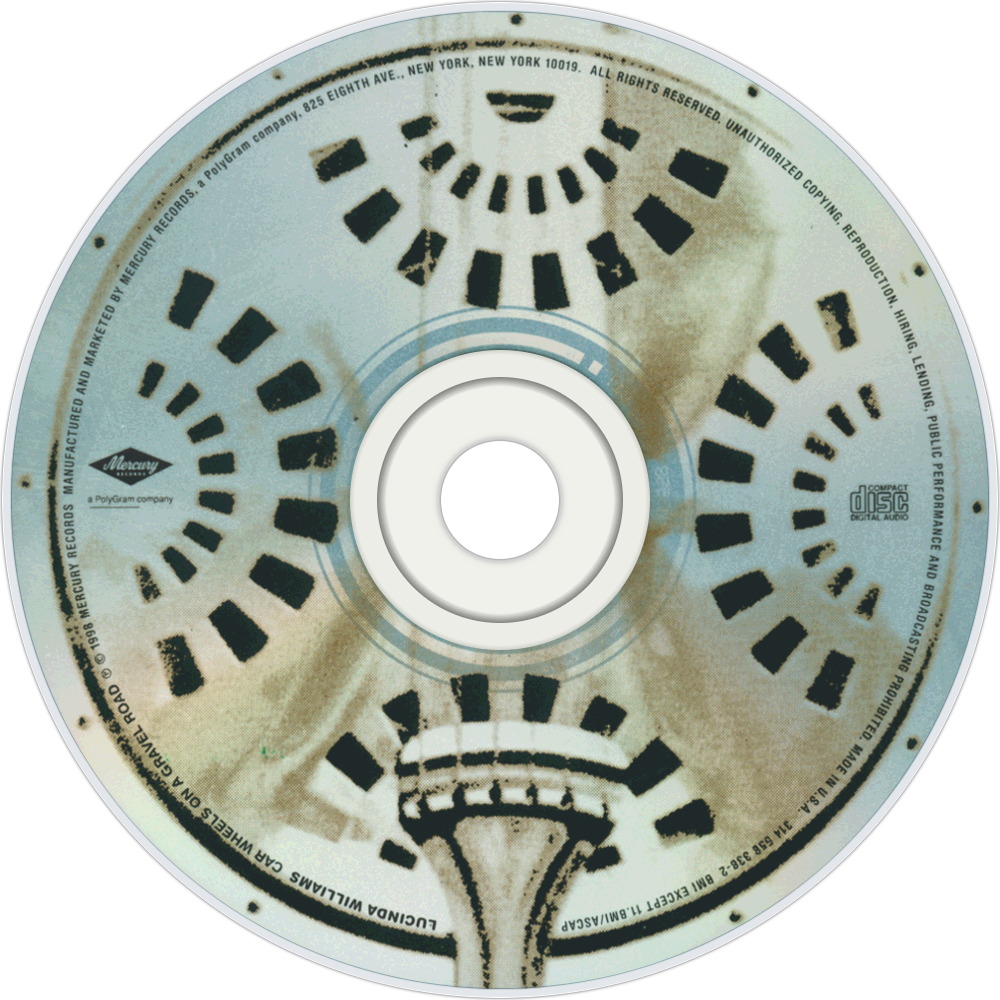

Lucinda WILLIAMS lake charles
Lake Charles
Song by Lucinda Williams
He had a reason to get back to Lake Charles
He used to talk about it
He’d just go on and on
He always said Louisiana
Was where he felt at home
He was born in Nacogdoches
That’s in East Texas
Not far from the border
But he liked to tell everybody
He was from Lake Charles
Did an angel whisper in your ear
And hold you close and take away your fear
In those long last moments
We used to drive
Through Lafayette and Baton Rouge
In a yellow Camino
Listening to Howling Wolf
He liked to stop in Lake Charles
‘Cause that’s the place that he loved
Did you run about as far as you could go
Down the Louisiana highway
Across Lake Pontchartrain
Now your soul is in Lake Charles
No matter what they say
Did an angel whisper in your ear
And hold you close and take away your fear
In those long last moments
He had a reason to get back to Lake Charles
He used to talk about it
He’d just go on and on
He always said Louisiana
Was where he felt at home
Did an angel whisper in your ear
And hold you close and take away your fear
In those long last moments
Did an angel whisper in your ear
And hold you close and take away your fear
In those long last moments
In those long last moments
Source: LyricFind
Songwriters: Lucinda Williams
Lake Charles lyrics © Warner Chappell Music, Inc
https://songmeanings.com
Lucinda Williams – Lake Charles Lyrics |
“Lake Charles” is one of the most bittersweet songs on an album full of bittersweet songs, Lucinda Williams’ Car Wheels on a Gravel Road— a song so close to the songwriter’s heart that it’s often difficult for her to sing, much less talk about. It’s about Lucinda’s one-time boyfriend, Clyde Woodward, who died long after they’d split up. Lucinda had married and divorced in the interim, but Clyde’s influence was so profound that when his deterioration from cirrhosis of the liver reached its final stages in August 1991, Lucinda jumped on a plane from Los Angeles to see him before he died. Clyde died as Lucinda was in transit and she didn’t get to say goodbye, but I could tell her what it was like Clyde Woodward died as I sat on one side of him and held his hand, playing lowdown blues songs for him in those long last moments.” *(1)
* (1) Going Back to “Lake Charles”
, FRI., OCT. 23, 1998


NEW Bose QuietComfort Ultra Wireless Noise Cancelling Earbuds, Bluetooth Earbuds with Spatial Audio and World-Class Noise Cancellation, Black
CR’s Take
OVERALL SCORE
73
CR RECOMMENDED
WIRELESS PORTABLE HEADPHONES
OnePlus Buds Pro Headphone
This wireless Bluetooth model from OnePlus delivers very good sound quality and active noise reduction, combining elements of in-ear and earbud earphones. These earphones have an isolating design and an ambient sound monitoring feature; they will provide some muffling and electronic canceling of external noises and reduce the amount of sound that escapes from the earpieces. As such, they are best for those who want highly portable earphones that reduce the noise they hear from their surroundings or don’t want the sound from the earpieces to disturb others.

Lake Charles Lucinda Williams YouTube
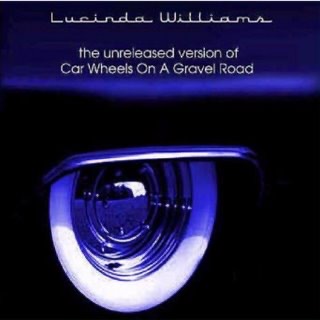
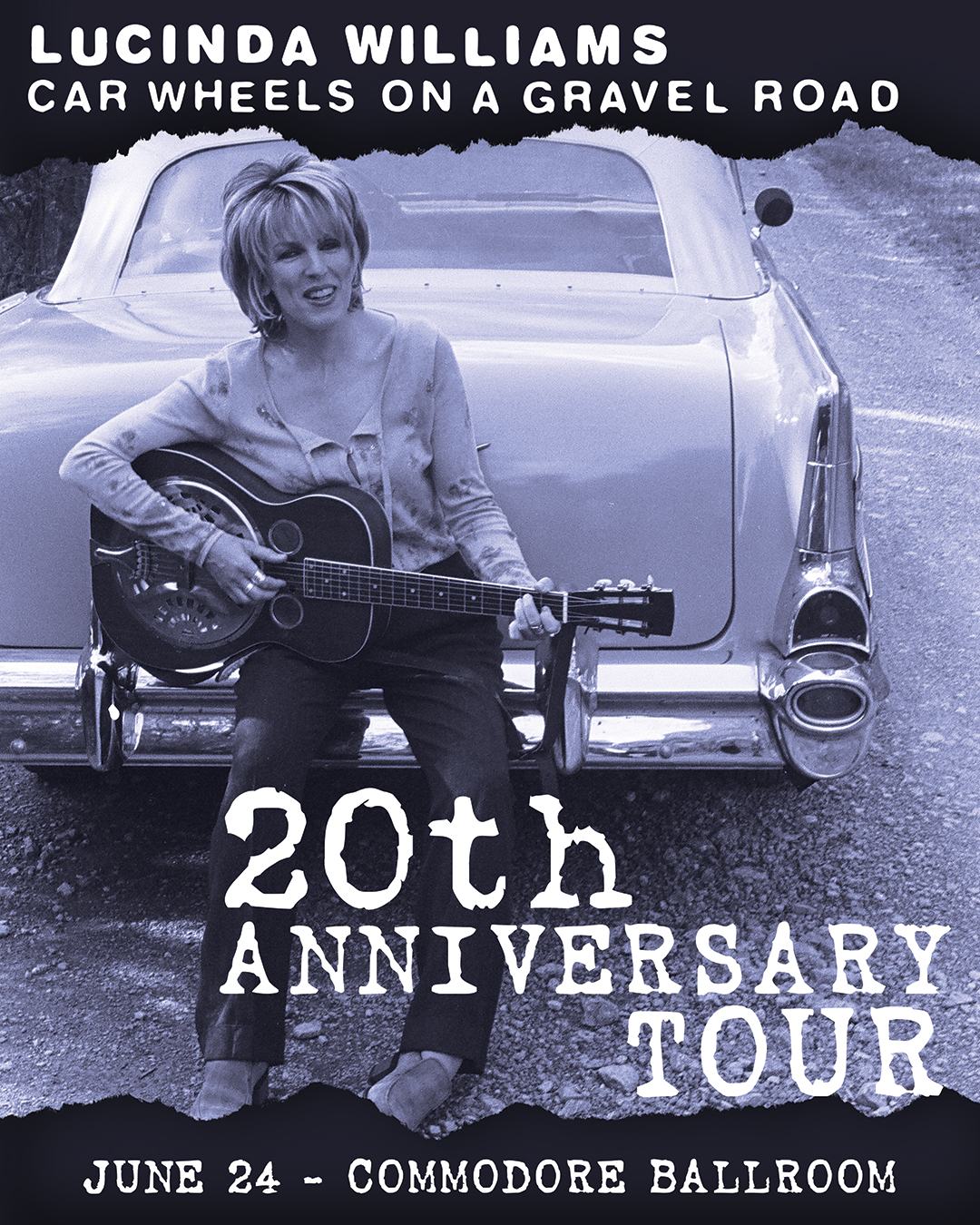
Car Wheels on a Gravel Road (1998)
That’s the one that I’ll never live down. Nobody understood all the stuff that was going on. They think that I was a perfectionist, blah blah blah. Again, it was a blessing in disguise that there was all that time in between [Sweet Old World and Car Wheels] because I had all that time to write all those songs, like “Car Wheels on a Gravel Road.” I mean, “Drunken Angel” took a long time to write; I worked on that for a long time. That one and “Lake Charles” and “Car Wheels” were also just a labor of love. Those didn’t just pop out.
I just wanted them to be good, and at that time, I was still sending songs to my dad. I wanted to make sure he thought they were good before I recorded them because I really looked up to him, and he was always my mentor. My dad said, “Well, I don’t think you should use the word ‘angel’ in ‘Lake Charles’ because you already used it in ‘Drunken Angel,’ and now you’re being kind of redundant.” He said, “Can’t you change that to something else? What about the devil whispered in your ear?” I said, “No, dad, that’s not gonna work. It has to be ‘angel.’” And he just said, “Okay, but that’s it. You’ve used your quota for ‘angel.’ You can’t use it in any other songs.” When I had the songs for the Essence album, I said, “You don’t have any comments?” and he said, “Nope.” I asked, “So does that mean I graduated?” And he said, “Yep.”
The thing with Car Wheels was I didn’t want to make the same-sounding album again. I was trying to go for a certain vocal sound that I felt I still hadn’t gotten on any of my albums up to that point. Steve Earle invited me to sing on his album, [1996’s] I Feel Alright, that song “You’re Still Standing There,” when I went to Nashville. I just loved the vocal sound that Ray Kennedy, his engineer, produced. So I talked to [longtime collaborator and producer] Gurf [Morlix] about it and wasn’t ready to let the album go. But Gurf didn’t agree with me; he said, “It sucks. I don’t like the sound of it.” And I said, “Well, I do.” Much to the dismay of Gurf, who left halfway through the project and hasn’t talked to me since.
Haven’t you spoken since the Car Wheels sessions?
No, he doesn’t want me in his life anymore. He’s very weird about it. It is funny; it’s laughable. He played in L.A. last year, and I went to see him, and I was anxious about it but was really looking forward to it. But he refused to talk to me, went backstage, and wouldn’t come out. [Laughs.]
The lyrical gifts of songwriter Lucinda Williams
Grammy-winning songwriter Lucinda Williams was a late-bloomer as a singer, blurring rock, country, folk, and blues into such hit albums as “World Without Tears,” “West,” and “Little Honey.” With a new memoir (“Don’t Tell Anybody the Secrets I Told You”), and a new album (“Stories from a Rock ‘n’ Roll Heart”), 2023 is shaping up to be a big year for the 70-year-old, just three years after she’d suffered a stroke. Correspondent Lee Cowan talks with Williams about her recovery and her hard-won, late-blooming success.
@LucindaWilliamsOfficial

Lucinda Wiliams – “Lake Charles” [Live From Austin, TX]
From the Lucinda Williams album ‘Live From Austin, TX’ available now on DVD: https://www.livefromaustintx.com
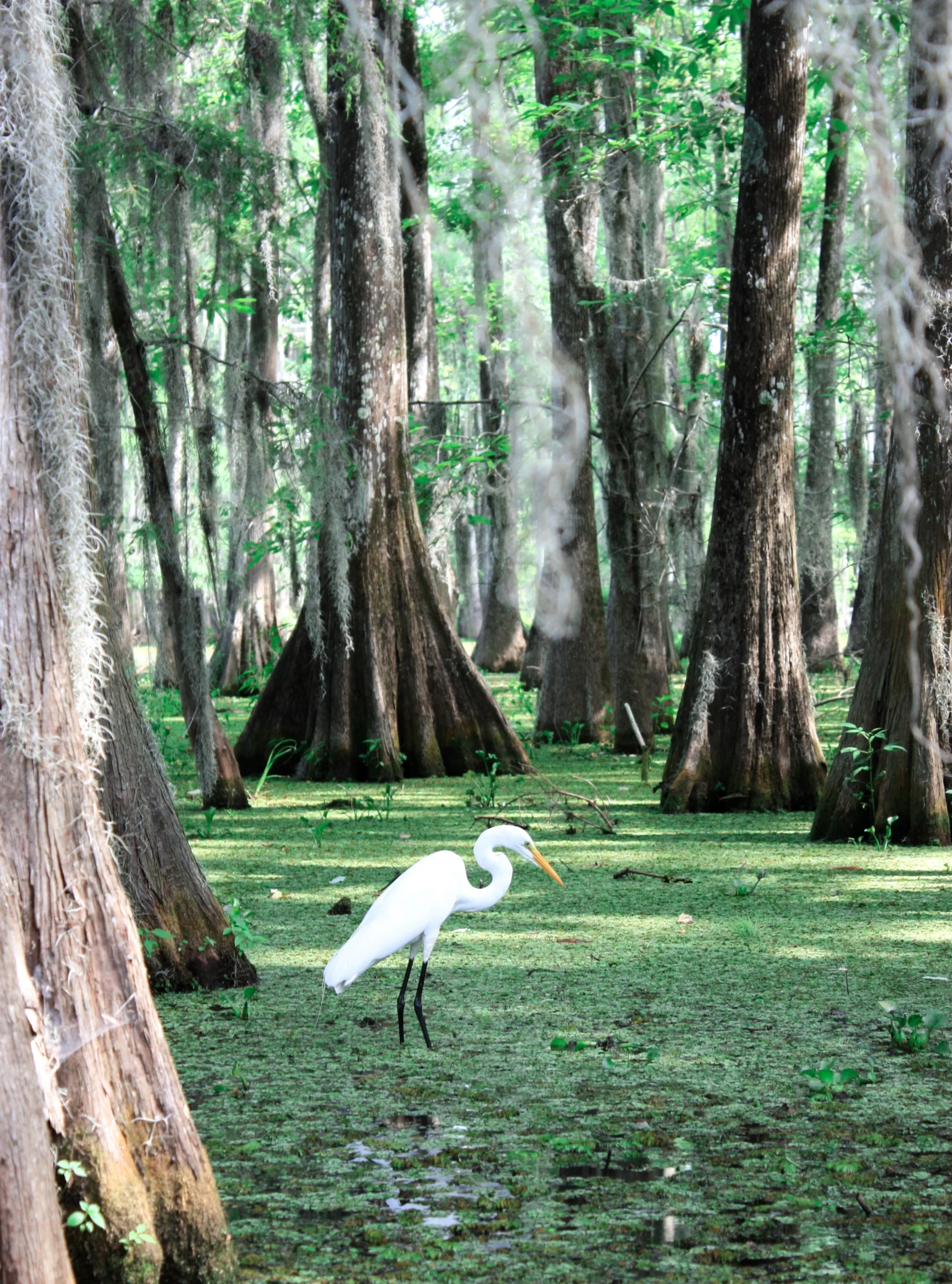
Lucinda Williams – Greenville
Live at Later…, 1998. Introducing Car Wheels On A Gravel Road.
One of the most beautiful unrequited, love songs ever written or performed at any time in human history. Yes, hyperbole is warranted in this case. This vocal alone can and will melt the coldest of hearts. Listen with your most noble ears to this American master.
Lucinda Williams with Emmylou Harris – Greenville
Music
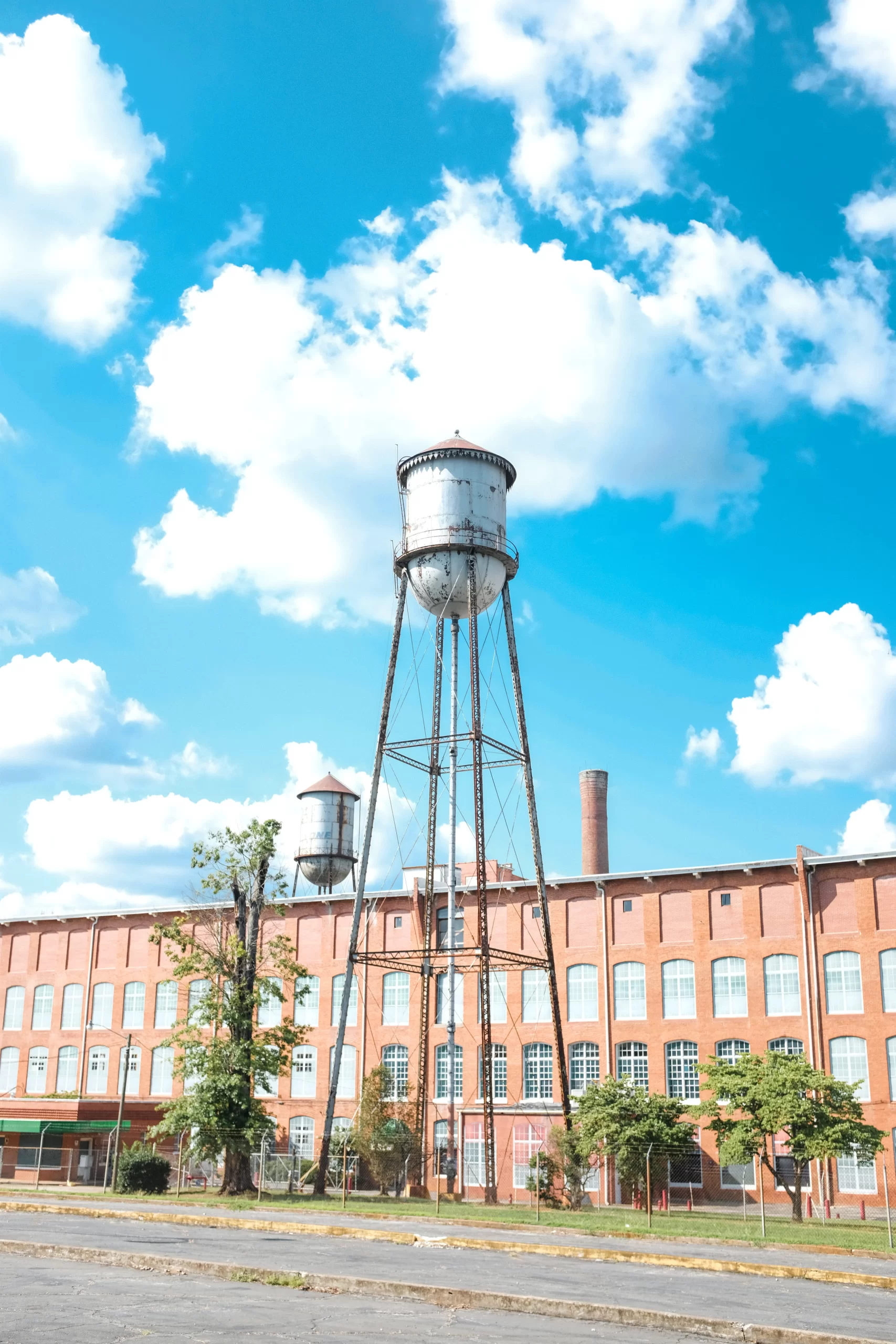

Blue from Lucinda Williams, Essence Album
For her 16th studio album Stories From a Rock N Roll Heart, Williams brought in producer Ray Kennedy (Car Wheels on a Gravel Road and Good Souls Better Angels) for a straightforward rock record shot through with bar band nostalgia (“Let’s Get the Band Back Together,” “Rock N Roll Heart”), alongside tender testimonies to a lifelong musician’s road-worn inner compass. Unable to play guitar after a stroke in 2020, Williams shares writing credits with her husband and manager Tom Overby, as well as features from other notable collaborators: Bruce Springsteen, Tommy Stinson, Margo Price, Angel Olsen, and Jesse Malin (another beloved musician recovering from a severe stroke) who co-wrote three tracks, notably ones with the most New York character: “Let’s Get the Band Back Together,” “New York Comeback,” and “Jukebox.” Could you support the artists buying their albums?
00:00 Let’s Get The Band Back Together (Feat. Margo Price, Jeremy Ivey, Siobhan Maher Kennedy, Buddy Miller, & Sophie Gault) 04:43 New York Comeback (Feat. Bruce Springsteen & Patti Scialfa) 08:58 Last Call For The Truth 14:21 Jukebox (Feat. Angel Olsen) 18:55 Stolen Moments 23:44 Rock N Roll Heart (Feat. Bruce Springsteen & Patti Scialfa) 27:31 This Is Not My Town (Feat. Margo Price) 33:04 Hum’s Liquor (Feat. Tommy Stinson) 37:10 Where The Song Will Find Me 43:45 Never Gonna Fade Away
How to Play Guitar Like Lucinda Williams
Jeffrey Pepper Rodgers dives into the distinctive rhythm guitar style of legendary singer-songwriter Lucinda Williams. Check out the complete lesson, including musical notation and tablature, in the September/October issue of Acoustic Guitar Magazine, available here: https://store.acousticguitar.com/prod…
